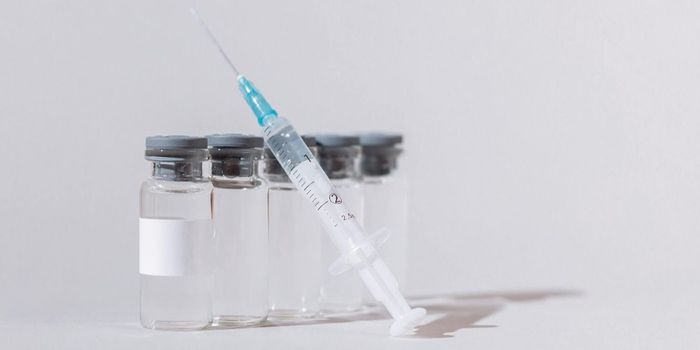Depression, but Not Anxiety, Causes Inflammation and Metabolic Imbalances
Scientists have discovered that depressed individuals show higher levels of inflammation as well as elevated fat concentrations in their bloodstreams. They also demonstrated that people with anxiety don’t have the same biochemical effects, despite the two psychological conditions being regarded as very similar.
More than half of people living with depression have a history of anxiety, and the two conditions have strong parallels in terms of symptoms, risk factors, and therapeutic interventions. However, the physiological effects of these disorders have yet to be fully mapped. Researchers from the Netherlands obtained samples from over 300 patients with depression and another 500 with anxiety, as well as those who have been diagnosed with both conditions and healthy controls. They used a powerful medical imaging technique known as nuclear magnetic resonance to identify links between metabolites in the blood samples and symptoms of either depression or anxiety.
Hilde de Kluiver, one of the study’s senior authors said: “Firstly we found that the depressed group showed evidence of greater inflammation which was not seen in the anxious group. We also found that the depressed group had very different amounts and types of lipids in their blood.”
“For example, depressed people had high levels of triglycerides, but lower levels of omega-3-fatty acids. In contrast, those people who had anxiety disorder had a lipid composition very similar to the healthy control group.”
Depression is a common mental disorder, affecting an estimated 264 million people worldwide. Chronic and severe depression is a serious health condition, reducing the sufferer’s quality of life significantly and can lead to suicidal thoughts. This study shows how depression has a unique and direct impact on the immune system as well as how lipid metabolism is altered in these patients.
This finding is a breakthrough in finding more effective clinical interventions to support patients with depression. "Our group is now planning to test whether depressed people with altered inflammation might respond to treatment with anti-inflammatory drugs", said de Kluiver.
Sources: EurekAlert, ECNP Congress.









